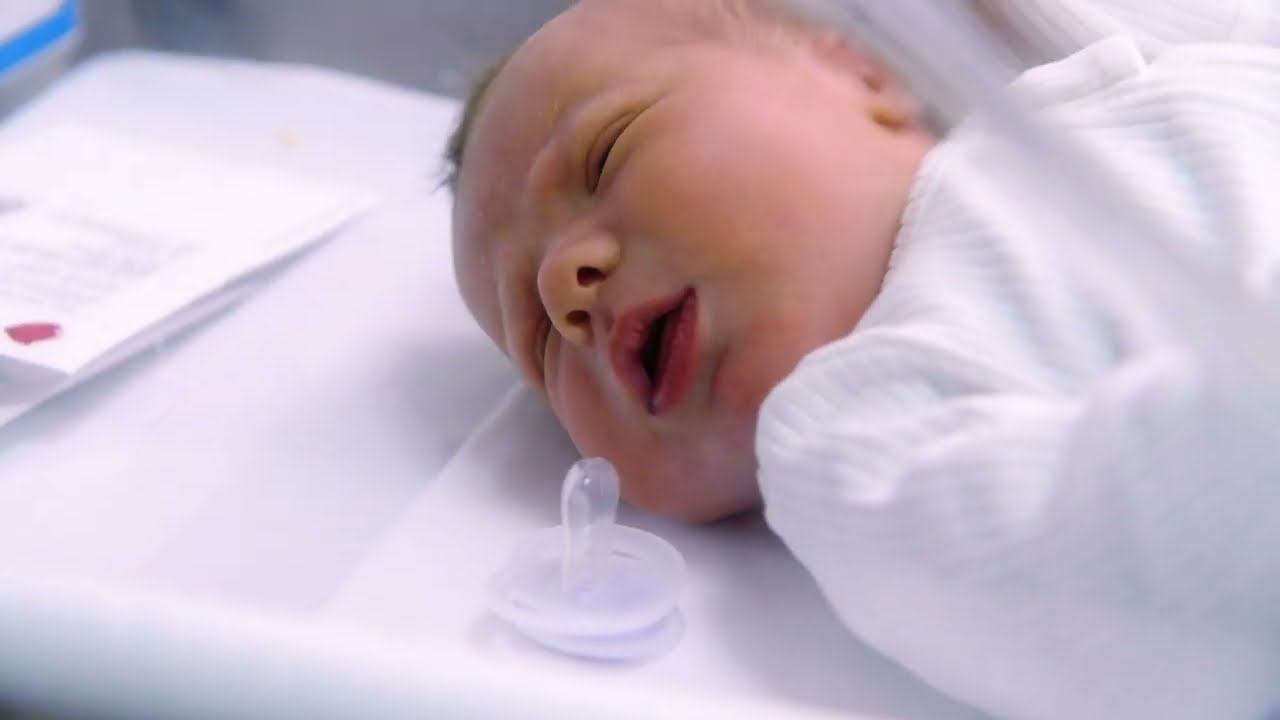Neonatal Immune Function Screening in Ruminants
The neonatal immune function screening in ruminants is a critical diagnostic tool that helps assess the health and resilience of newborn livestock. This service plays an essential role in preventing infectious diseases, which are a significant threat to young animals' survival and overall herd health. Early detection of compromised immune function allows for timely intervention, thereby enhancing animal welfare and productivity.
Ruminants, such as calves, lambs, and kids, face unique challenges during the neonatal period due to their immature immune systems. The first few days after birth are critical for establishing a robust immune response against various pathogens. Neonatal screening helps identify those at higher risk of infection, enabling preventive measures like immunizations or supportive care.
The test involves collecting blood samples from newborn ruminants using sterile techniques, ensuring minimal stress and injury to the animal. The collected sample is then analyzed for several parameters indicative of immune function, including white blood cell counts, lymphocyte subpopulations, and cytokine levels. This comprehensive approach provides a holistic view of the neonate’s immune status.
Accurate and reliable results are crucial for effective decision-making in livestock management. The testing process adheres to strict protocols that ensure consistency and accuracy across different laboratories. Compliance with international standards such as ISO 15189 ensures that our services meet stringent quality requirements, thereby providing trustworthy data.
The importance of neonatal immune function screening cannot be overstated, especially in large-scale agricultural operations where the health of a single animal can impact the entire herd. By identifying and addressing issues early on, we contribute significantly to maintaining robust livestock populations capable of thriving under various environmental conditions.
Our laboratory employs state-of-the-art equipment and experienced staff who are dedicated to delivering accurate results promptly. Timely reporting allows for swift action, ensuring that any necessary interventions can be implemented without delay. This proactive approach not only improves individual animal health but also contributes positively to the overall productivity of the farm or ranch.
Why It Matters
The significance of neonatal immune function screening in ruminants extends beyond mere diagnosis; it is a cornerstone of preventive healthcare strategies for young livestock. Early identification of potential health issues allows for targeted interventions, reducing the incidence and severity of infectious diseases.
- Prevents Disease Spread: By identifying sick animals early, we can isolate them from healthy ones, minimizing the risk of disease transmission within the herd.
- Saves Lives: Prompt treatment of compromised immune function can save young lives and prevent long-term health issues.
- Enhances Productivity: Healthy livestock are more productive; thus, ensuring good immunity supports better growth rates and overall productivity.
- Reduces Economic Losses: Preventative care reduces the need for expensive treatments later on, saving farmers significant costs.
- Supports Animal Welfare: Early detection ensures that animals receive the best possible care, enhancing their well-being.
The economic and ethical considerations associated with neonatal health screening underscore its importance in modern agricultural practices. Investing in such services not only benefits individual farmers but also contributes to sustainable agriculture on a broader scale.
Applied Standards
| Standard Code | Description |
|---|---|
| ISO 15189:2017 | International standard for quality and competence of medical laboratories. |
| EN ISO/IEC 17025:2017 | European standard for testing and calibration laboratories. |
| Date | Description |
|---|---|
| 2023-06-15 | ISO 15189:2017 update released. |
| 2023-04-20 | EN ISO/IEC 17025:2017 adaptation to new technologies. |
Benefits
- Early Detection: Identifies compromised immune function early, allowing for timely interventions.
- Informed Decision-Making: Provides clear data to guide healthcare decisions effectively.
- Cost Efficiency: Prevents more expensive treatments by catching issues at an early stage.
- Ethical Responsibility: Ensures animals receive the best possible care, enhancing their welfare.
- Sustainable Practices: Supports long-term health and productivity of livestock populations.
- Compliance Assurance: Meets stringent quality standards ensuring reliable results.
The benefits extend far beyond immediate health outcomes; they contribute to sustainable farming practices that are both economically viable and ethically sound. By adopting neonatal immune function screening, farms and ranches can achieve a balance between animal health and productivity while minimizing economic losses associated with poor health.





